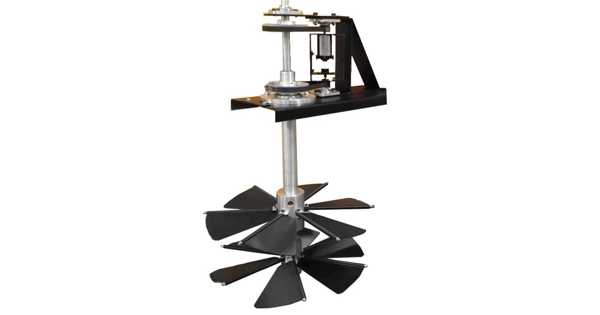The numbers don’t lie. According to Docsand, the average pitch deck is reviewed for only three minutes. And if you think that a veteran vice-chancellor has been studying the presentation your team has been making for months as if it were a Fabregie egg well well, you might be disappointed.
Even if you are lucky enough to land a meeting, a younger person is more likely to cross your pitch and continue discipline. “The biggest lie of venture capital is: ‘Yes, I read through your deck,'” says Evan Fisher, founder of Unicorn Capital and Minimal Capital. “Because these words were immediately followed, ‘… but why aren’t you running us from the beginning?’
According to Fisher, the Pro Forma Pitch Deck is a thing of the past. Instead, those who created the video pitch worked with the founders who set up two to five times more nets from investor meetings than people who sent traditional themed pitch decks. They have received five times as much as investors promised from the first 20 meetings. “While the only advantage was that other investment committee members heard the story directly from this organization, it would make your video pitch fit,” Fisher says.
In an exclusive interview with hardware editor Brian Hitter, none of the founders discussed the product and design policies of Carl Paye Yar (1), a set of US$99/€99/£99 wireless earbuds, which will hit the market later this month. “We’re starting with smart devices,” Pay said. “The ear (1) is our first device. I think it has a good chance of getting some traction.”
Despite Apple’s market share and players already competing in space, “we’re just focused on being ourselves,” who also shared initial marketing plans and discussed the underlying tensions involved in producing consumer hardware, said nothing. “Everything is a trade off. If you follow this design, a ton like this is employed. There are many effects on the size and cost of battery life, including the cost of the materials you use. Everything is included in the timeline. It’s like 4D chess in a trade-off.”
















